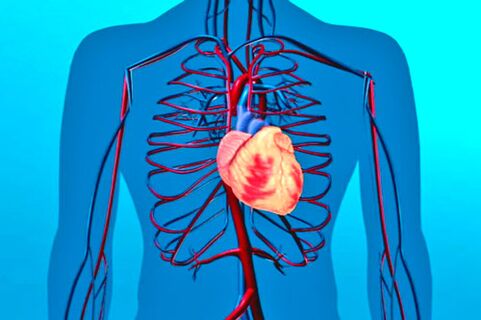
Risk factors for essential hypertension
Health status
- physical aging;
- Sedentary lifestyle;
- genetics;
- Inflammatory processes in tissues.
lifestyle
- Unhealthy eating habits lead to imbalance of salt balance in the body;
- lack of physical activity;
- smokes;
- Abuse of alcohol;
- Chronic stress.
genetics

| state | Pressure value (mmHg) | |
|---|---|---|
| systolic blood pressure | diastolic blood pressure | |
| specification | 120 | 80 |
| Prehypertension | 120–139 | 80–89 |
| hypertension | >140 | >90 |
In order to detect diseases promptly when you are at risk, or to monitor your health if you have high blood pressure, it is recommended to measure your blood pressure twice a day: in the morning and evening and your blood pressure. Feel uncomfortable.
Risk factors for secondary hypertension
kidney disease
- Thickening of arterial smooth muscle - occurs in younger women;
- Atherosclerosis - in old age.
adrenal gland tumors
- Aldosterone - produces aldosterone. In addition to high blood pressure, this can lead to increased excretion of potassium in the body.
- Pheochromocytoma - produces adrenaline, which increases the heart rate and causes blood pressure to rise. Other symptoms include hot flashes, flushed skin and increased sweating.
thyroid dysfunction
take medicine
- Antidepressants;
- Drops and sprays to treat rhinitis;
- anti-inflammatory drugs;
- oral contraceptives;
- corticosteroids;
- Narcotic substances - cocaine, amphetamines;
- Hematopoietic stimulants;
- asthma medications;
- Antihypertensive medications - may cause a sharp increase in blood pressure when discontinuation of the medication.






















